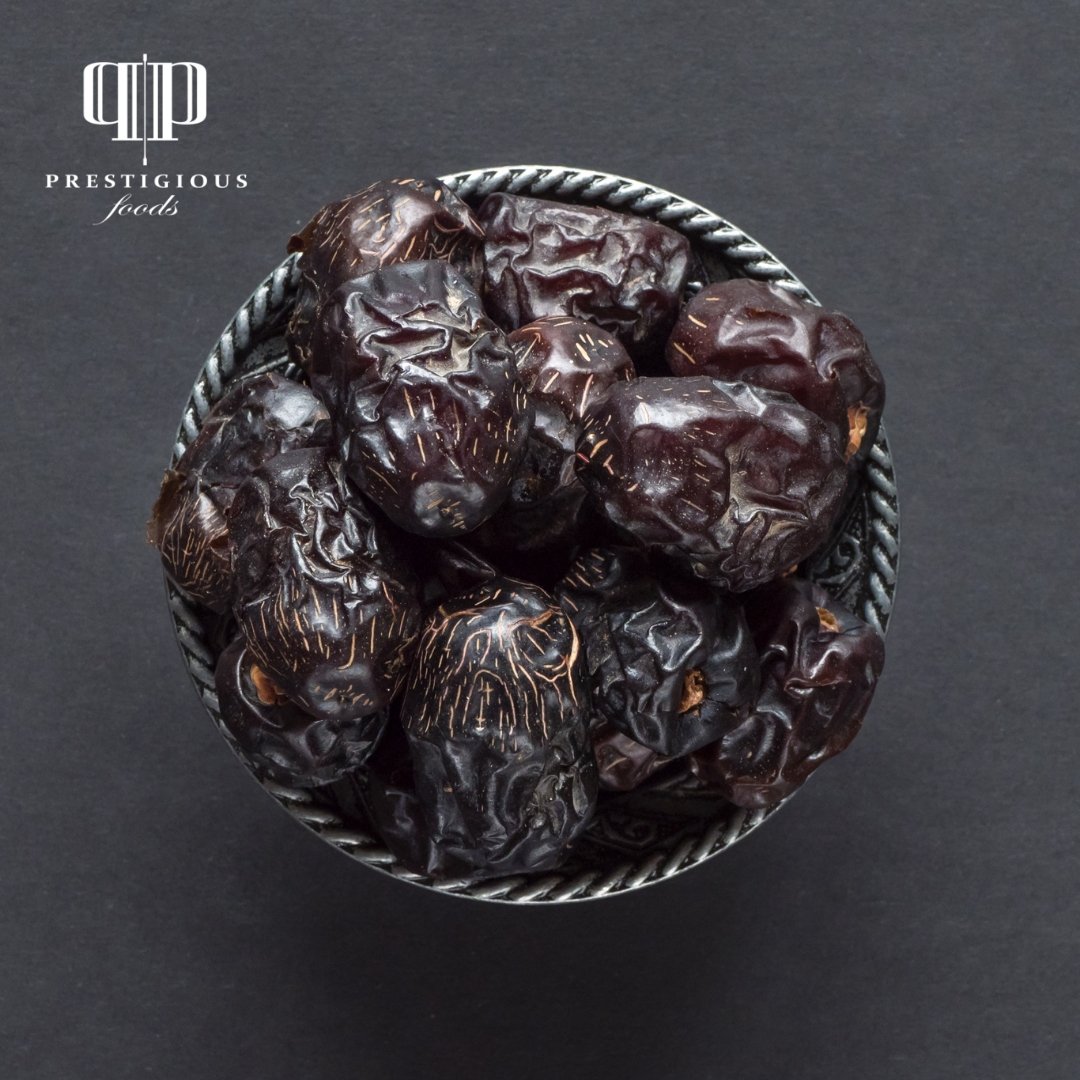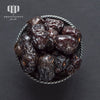A Peek into History of Ajwa Dates

Ajwa Dates hold a special place in Islam. They are an unforgettable item of the dinner table in the month of Ramadan. They are not just loved because of their rich taste and softness but because of their rich history as well. Are you well-aware of their history? Do you know why only this particular type of date has a special significance in Islam? If you do not know about its history and would like to know, this article is meant for you. It will explain the historical importance of Ajwa dates from the point of view of Islam.
Prophet Muhammad (P.B.U.H) liked Ajwa dates a lot and he planted the first tree of Ajwa Dates near the Quba Mosque in Madinah. Since he liked the flavor of these dates and was aware of its benefits, in the late 500s or 600s he suggested that Muslims all over the world should break their fast with an Ajwa date. The significance of these dates can be judged from the point that they are a part of Tibwi Nabwi. There are many Hadith and other Islamic references that depict that Prophet Muhammad (Peace be upon him) suggested that multiple diseases can be cured with the help of Ajwa dates.
One Islamic reference quotes that “One who takes seven Ajwa dates in the morning, he remains under the protection of Allah from magic and poison for the whole of the day.” He suggested his followers to have 7 dates every morning so that they can stay from different kinds of diseases as well. There are many Muslims who still follow these guidelines and have been experiencing the benefits from this fruit ever since. At the moment, Ajwa dates are widely popular not just amongst the Muslims but also among every health conscious individual regardless of religion or ethnicity.


